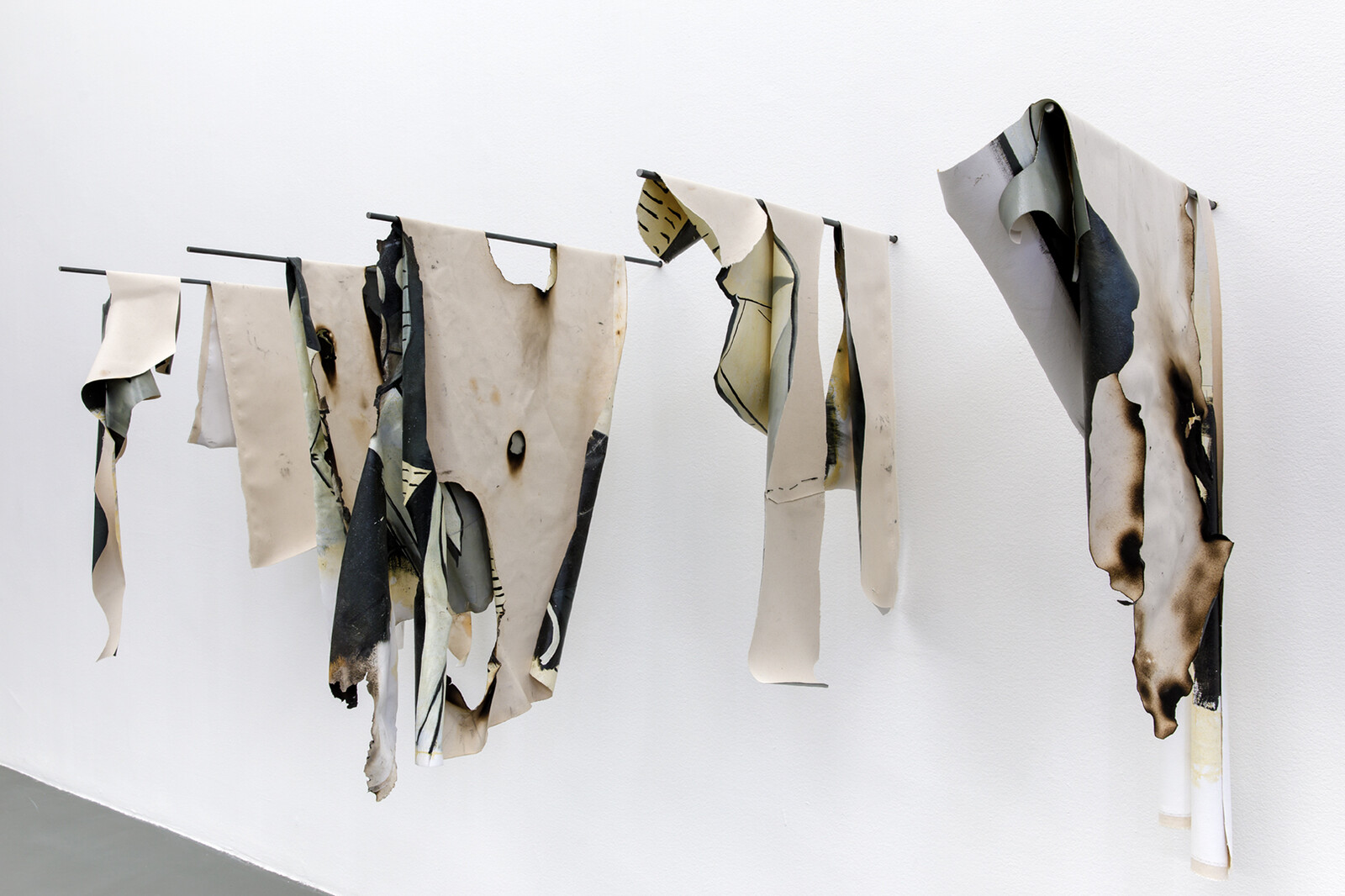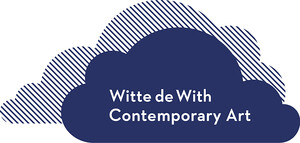Rana Hamadeh: The Ten Murders of Josephine
September 8–December 31, 2017
Witte de Withstraat 50
3012 BR Rotterdam
The Netherlands
Hours: Wednesday–Sunday 11am–6pm,
Friday 6–9pm
T +31 10 411 0144
F +31 10 411 7924
office@kunstinstituutmelly.nl
Ahmet Öğüt and Goshka Macuga
The Show is Over
(Öğüt & Macuga Episode 2)
Steered by Goshka Macuga
September 8–December 31, 2017
Upon Witte de With’s invitation, Goshka Macuga and Ahmet Öğüt began a conversation, and identified parallel references drawn from their shared concerns, personal stories, and the ideas driving their respective practices. Early on in their exchange, Macuga proposed to take up the notions of destruction and “sudden change” to be played out upon the pair’s work using the exhibition space as test-site, as a means to explore processes of reconstruction. With The Show is Over, Macuga sets out to question how far destruction can work to critique, protest, and confront the present cultural predicament and builds on a rich heritage of artists that have engaged with the gesture of destruction both as subject, concept, and process over the years. In the face of the recent surge of culture wars as well as right-wing agendas that have come to dominate the political landscape, “what can be gained by enlisting destruction for social critique but also anarchic, pointless destruction; destruction for the pure pleasure of it?”—as posed by Russell Ferguson in his paper The Show is Over (2014), after which the exhibition is named. Further, how far may destruction be invoked to challenge the perceived stability of art and its institutions through transformative processes of shattering, hijacking, and undoing in order to engage in reinvention? In such an exercise, the pair’s work and working relationship is challenged, manifested as, and through, a gesture of drastic change. (Episode 1 was steered by Öğüt and took place May 17–August 20.)
Rana Hamadeh
The Ten Murders of Josephine
September 8–December 31, 2017
Premiere: December 14–15, Theater Rotterdam
An Opera project by Rana Hamadeh structured through several iterations, which proposes a particular dramaturgy of labor commencing with this exhibition and a theatrical production to follow. Conceived as the factory and assembly line for the Opera, the exhibition is set up as a morphing sonic “encampment” that continuously unsettles the boundaries of performance, spectacle, and lived experience. Inherited from the genre of legal spectacle, and from the artist’s earlier claims regarding “justice as the measure to which one can access theater,” the exhibition lends itself as a method for disentangling Hamadeh’s questions concerning how the phonic relates to notions of “valid speech,” property, labor, legality, governmentality, documentality, o/aurality, and theater. Drawing broadly on Saidiya Hartman, NourbeSe Philip and Fred Moten’s writings, Spike Lee’s Bamboozled, Franz Kafka’s Josephine the Singer, or the Mouse Folk, Qur’anic exegesis and Arabic modal musical scales, the project suggests the testimonial as a catalyst that sets up the conditions for vacating our legally constituted bodies; a medium for provincializing citizenship.
Ongoing:
Para|Fictions
A series of commissions that pairs literature and contemporary art
Rayyane Tabet
Ah, my beautiful Venus!
Until October 8, 2017
Dineo Seshee Bopape
Lerole: footnotes (The struggle of memory against forgetting)
October 20, 2017–February 18, 2018
Rotterdam Cultural Histories
RCH #12: Witte de With; What’s in a name?
Witte de With was recently challenged, through the process of Cinema Olanda: Platform, to reconsider the legacies of its name. This edition is devoted to a part of this question and attempts to lay bare the activities of Witte Corneliszoon de With, the motivation behind street-naming in the 19th century, and the naming of the institution in 1990.
Director: Defne Ayas
Curators: Natasha Hoare, Samuel Saelemakers, Patrick C. Haas, Rosa de Graaf
The Show Is Over is supported by Adam Mickiewicz Institute. The Ten Murders of Josephine is commissioned with MacM, Ming Contemporary Art MuseuM, Shanghai. Co-produced by A.P.E (Art Projects Era) and Productiehuis Theater Rotterdam. Supported by Fonds 21, City of Rotterdam, Mondriaan Fund, Prins Bernhard Cultuurfonds, and The Arab Fund For Arts and Culture (AFAC), with production support by Lafayette Anticipations and In4Art Collection.
Witte de With is supported by The City of Rotterdam and the Ministry of Education, Culture, and Science.



